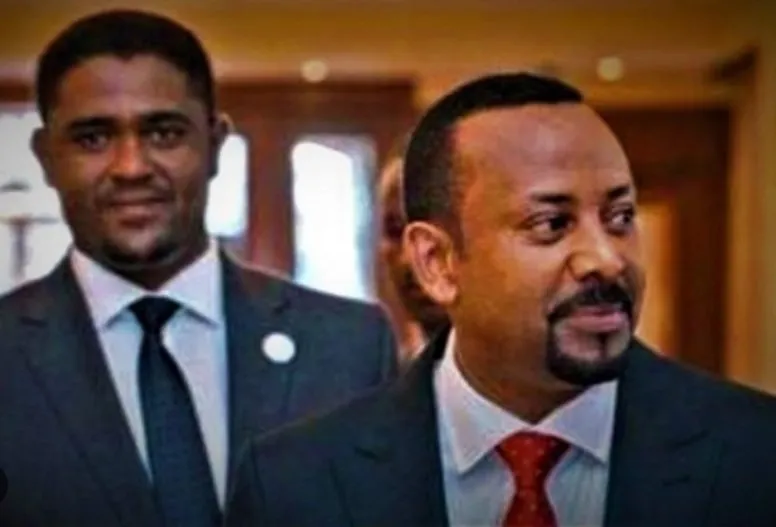In 2018, Ethiopia went through a period of optimism and hope as Prime Minister Hailemariam Desalegn resigned unexpectedly, leading to the appointment of Abiy Ahmed as the new leader. Abiy’s promises of bold reforms and progressive changes brought excitement initially, but over the years, the nation has faced challenges such as genocidal war, ethnic divisions, and uncertainty, raising concerns about the stability of the country.
Abiy’s personal traits, including dishonesty, betrayal, and lack of loyalty, have played a significant role in the current crisis in Ethiopia. While he initially portrayed himself as a unifying figure, his actions have shown a disregard for inclusivity and unity. His handling of the conflict with the TPLF, manipulation of information, and suppression of dissenting voices have eroded trust and confidence in his leadership.
The Amhara people’s resistance against the assimilationist state Abiy Ahmed is trying to establish has emerged as a movement that could potentially save the country from further disintegration. Supporting the Amhara Resistance and rejecting deceit, disloyalty, and betrayal are seen as essential steps towards genuine reform, reconciliation, and progress in Ethiopia.
Looking towards the future, lessons must be learned from this dark period in Ethiopian history to prioritize transparency, trust, and genuine transformation. The Amhara people’s struggle is viewed as a legitimate movement that can repair broken relationships among citizens and pave the way for a more united and stable nation.
It is important to note that the views expressed in this article do not necessarily reflect those of borkena.com. The path to recovery for Ethiopia will require a collective effort to address the divisions created by past actions and focus on rebuilding trust and unity among the population.
